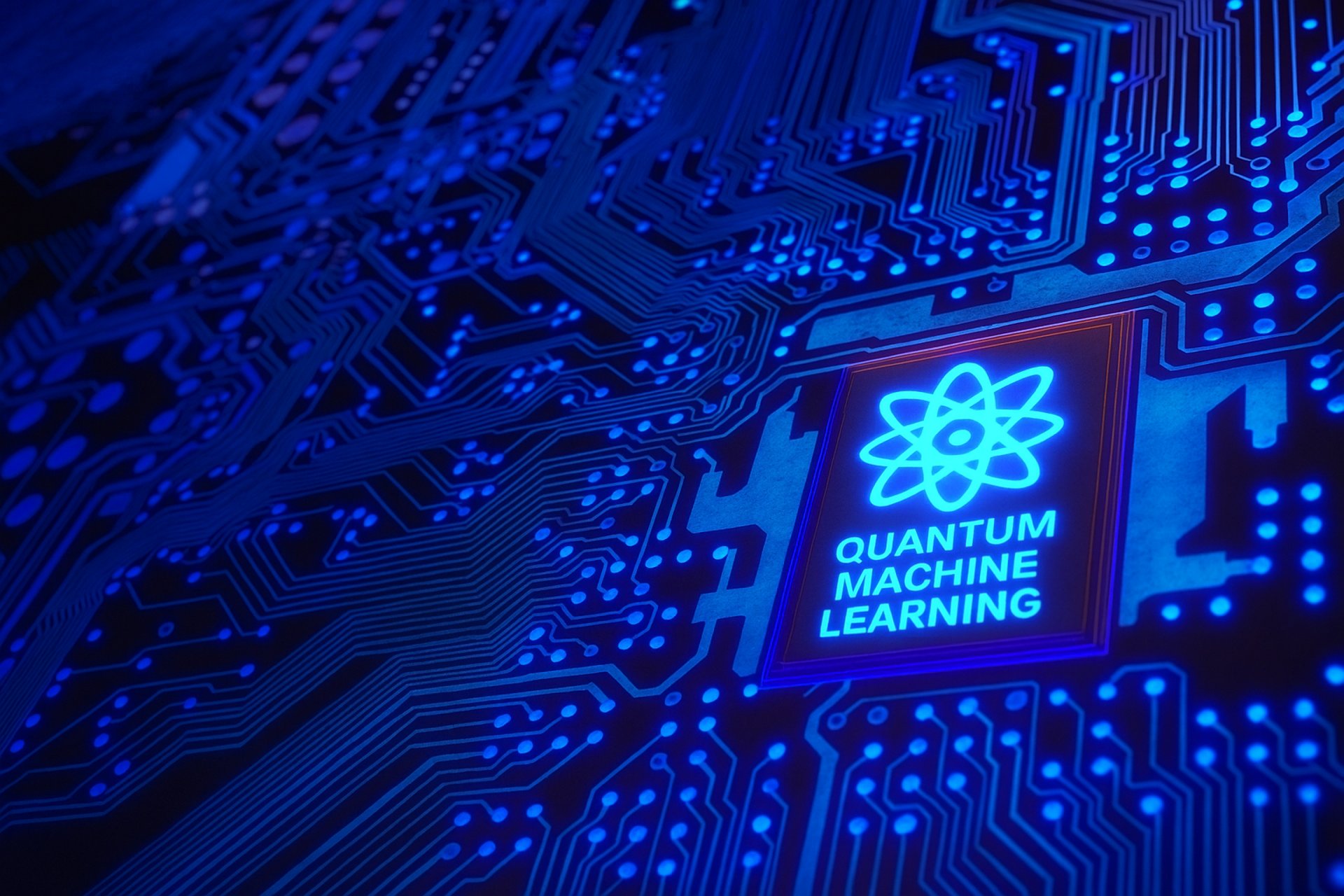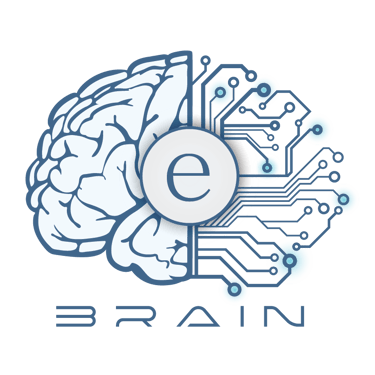


At eBRAIN, we focus on the algorithmic development of quantum computing, including quantum machine learning, hybrid quantum–classical models, and quantum optimization techniques. Our work addresses key challenges such as scalability, trainability, and robustness to adversarial attacks. We also explore privacy-preserving approaches like quantum federated learning, quantum reinforcement learning, and the use of large language models to support quantum programming. In addition, we work on the design and evaluation of quantum neural architectures through quantum architecture search. Our research is applied across various domains, including finance, physics, and cybersecurity.
Prof. Dr. Muhammad Shafique
Director eBRAIN Lab
QML Research
Projects
Adversarial Attacks on Real-world applications
ADAS Systems
Featured
Adversarial Patch Generation: Develops sophisticated techniques to create adversarial patches that mislead neural network's perception.
Attack on Depth Perception: Adversarial patches can alter depth cues processed by AI, potentially causing misjudgments in distance and object scale that are crucial for safe vehicle operation.
Real-time Defense Strategies: Developing real-time counter-measures to detect and neutralize adversarial attacks that compromise the neural networks.
Enhanced Safety Features: Employs advanced ML algorithms for real-time object detection.
Distance Estimation: Optimized Algorithms to estimate the distance of pedestrians, vehicles, and obstacles.
Performance in Various Conditions: Robust detection capabilities across different environmental conditions including poor lighting and adverse weather.
Autonomous Systems: Features autonomous navigation systems enabling operations in areas unreachable by humans, enhancing safety and efficiency.
Sensor Integration: Equipped with various sensors to gather data and analyze surroundings, supporting both scientific research and practical applications.
Real-world Applications: Ideal for disaster response, environmental monitoring, and exploring hazardous terrains.
Quadrupeds for Exploration



Projects
Featured
Husky SLAM
Real-Time Localization: ORB-SLAM provides precise and real-time localization for the Husky UGV, enabling accurate navigation and mapping.
Environmental Robustness: Ensures reliable performance in varying conditions, both indoor and outdoor, enhancing mission versatility.
Computational Efficiency: Optimized for real-time use on Husky UGV, allowing quick visual processing and navigation decisions.
Low-Cost and Accessible: MindArm provides a cost-effective solution for mind-controlled prosthetic devices using low-cost surface EEG electrodes, making it accessible for patients.
Deep Neural Network (DNN) Integration: The system employs a DNN to interpret brain signals, translating them into prosthetic arm movements, thereby enabling patients to perform activities despite their physical limitations.
High Success Rates: Experimental results demonstrate high accuracy for defined actions, showcasing the system's effectiveness in real-world application
Brain Controlled Prosthetic Arm


© 2024 eBRAIN


